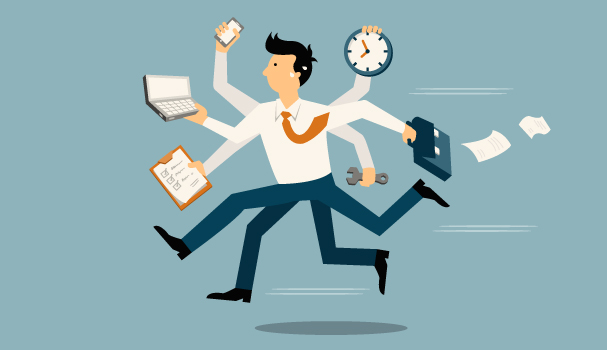January is undoubtedly the most miserable month of the year: we’re recovering from Christmas, the weather is cold and wet and we’ve already broken our resolutions several times over. Returning to work only adds to the stress.
A new report from Regus finds that half of the UK’s workforce (48%) are closer to burning out than they were five years ago. The top triggers of workplace stress are lack of exercise, feeling understaffed and job insecurity, the survey of over 3,000 of the UK’s business people found.
Richard Morris, UK CEO at Regus said: “Stress levels are mounting in the workplace as a result of various factors; workers feel deskbound and under-resourced.”
If this sounds like you, don’t fret just yet, because flexible working may provide a solution. One way of easing the tension is a break from the main office – at least some of the time. A significant majority of respondents – 68% – found a change of scenery such as working from another location to be a good stress reliever.
In fact, having the freedom to occasionally work away from the office can help in achieving a good work-life balance, the report finds. Three in five (62%) say they are more content now that they work remotely some of the time.
Similarly, freelance workers also tend to be more relaxed. Over half of those questioned say that they think freelance workers, with their freedom to change location and set their own hours, are less stressed than regular staff.
“Dedicated workspaces offer the flexibility to work in a variety of locations. This is the future of work and brings a number of benefits including improved productivity and employee well-being,” Morris said.
Evidently, a lot of people experience stress at some point during their career. There are workable solutions out there, so if it becomes enough of a problem to affect your ability to carry out your work or other day-to-day tasks, take a step back, breathe and try flexible working. ![]()
Share via:








































